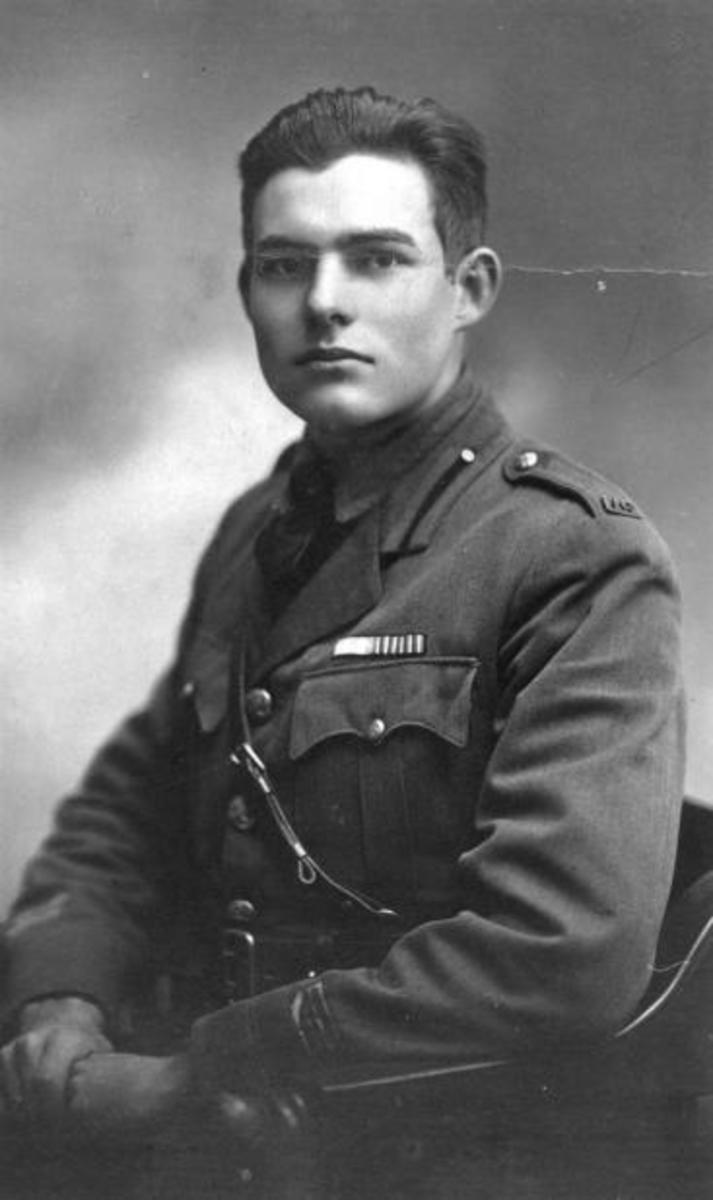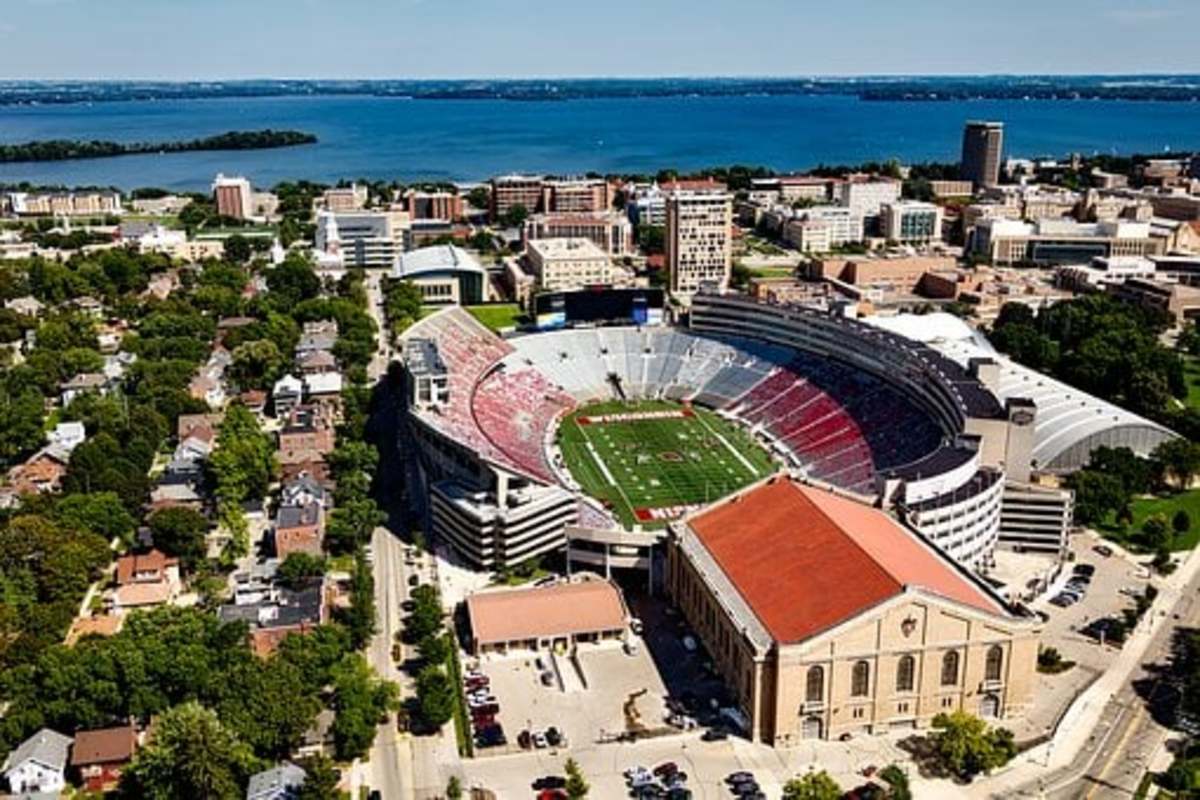American CLEP Tests and Literature

How to Earn College Credit Outside of Class
American College Level Examination Program (CLEP) Tests provide an effective alternative to gaining college credit and the Literature tests may need extra preparation for the technically inclined. One way to shorten the length of your college program and reduce your tuition costs is by successfully taking CLEP tests. With tuition costs increasing year-after-year, saving on tuition may be motivation enough to seek an alternative avenue of gaining college credit. The author's tuition for a PhD program just increased by over 40%. However, CLEP tests do not apply to graduate programs but for an undergraduate, they can greatly reduce both the time and cost necessary to earn a degree.
The College Board, which is the controlling authority for the tests, maintains test scores for a period of 10 years from the date of completion, so these tests can be taken before or after you gain admittance to a program. Check with your institution for their specific policy regarding CLEP tests.
The author of this hub successfully completed three CLEP tests, which reduced program requirements by 15 credit hours. This was the equivalent of taking five classes in the pursued program. The specific tests taken by the author included the Social Sciences and History, Natural Sciences, and American Literature tests. These tests are each worth six semester credit hours but only the needed credits are applied to a program of study. The credits from the tests show up as transfer credits on the college program transcript.
Depending on the test you take, there are many ways to prepare for the CLEP tests. These tests are designed to validate background knowledge on the tested subject areas at the freshman and sophomore college levels. Successful completion of CLEP tests demonstrate the knowledge obtained in introductory classes. There is no need to ace the tests; no extra credit will be granted for a high grade. Check with the institution that will apply the credits for the scoring requirements for the credits to be accepted.
The author took the CLEP tests in the final year of program completion and studied rather intensively for the tests. This was like adding an extra course to the class load but at a much lower cost. The results were well worth the effort. Preparation for the tests combined online sources with some key textbooks picked up at a local bookstore. Check the College Board descriptions page for the specific test and you will find suggested preparation resources. There are also practice tests available for most of the tests. Peterson's tests are fairly close to the actual exams so if you pass the Peterson's tests you should have a good chance at passing the real thing.
I am mainly familiar with the Social Science and History, Physical Science, and American Literature tests. The science tests were actually easier to prepare for because there seem to be more resources available to prepare for these tests and the material is not as interpretive in nature. The hardest test to prepare for was the American Literature test. I used the Norton Anthology of American Literature quite extensively along with the Complete Idiot’s Guide to American Literature. These very inclusive references define the various literary movements, which are extensively covered on the test. The Norton Anthology includes quizzes for each section. I also made frequent trips to the library to research specific authors; especially in the area of poetry, which is one of my shortcomings.
Note: do not confuse the English Literature and American Literature tests. The American Literature test covers materials written by American Authors. The English Literature test, on the other hand, requires the test taker to analyze material written primarily by authors of the United Kingdom.
What do you think of CLEP Tests?
Please leave a comment, I would love to know.
Last Updated: April 5, 2015









